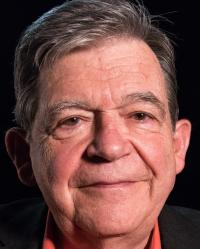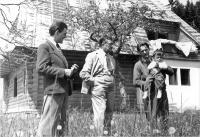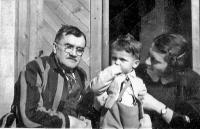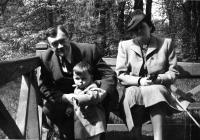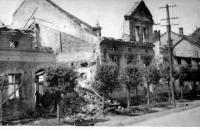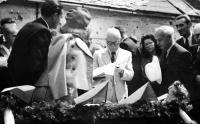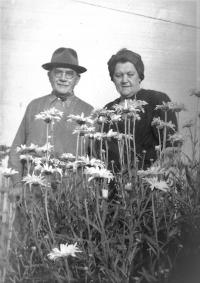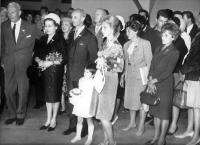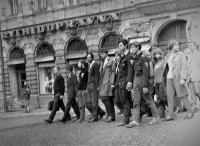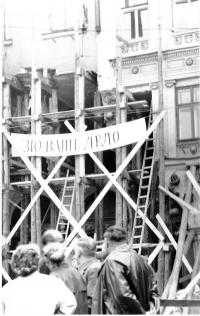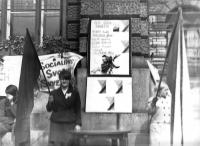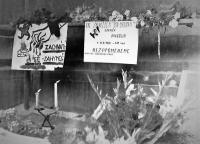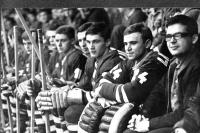I despise people who profit from public functions

Download image
František Plhoň was born on January 27, 1941, in Prague. He is the grandson of the politician and scientist Karel Engliš, with whom he spent a lot of time as a young boy. After the communist coup Karel Engliš was moved from Prague and a part of his family was imprisoned. He studied medicine at the Charles University and then took up the job of a doctor in a hospital in Jablonec nad Nisou, then in Liberec. It was where he witnessed the occupation by the Soviet Army. He treated many Liberec citizens injured by the Soviet soldiers. He also worked as a sport doctor and contributed to the building of paramedics service in Jablonec. His career as a doctor was made difficult as he refused to enter the Communist Party. Despite this, however, and thanks to his expert knowledge he became the general consultant at the Department of Otolaryngology in Děčín. He served on this post until 1997.
